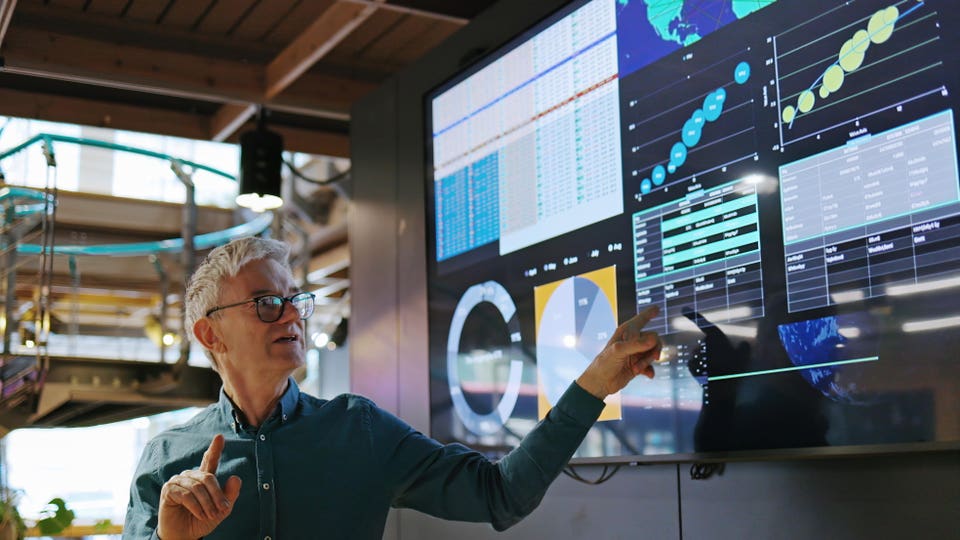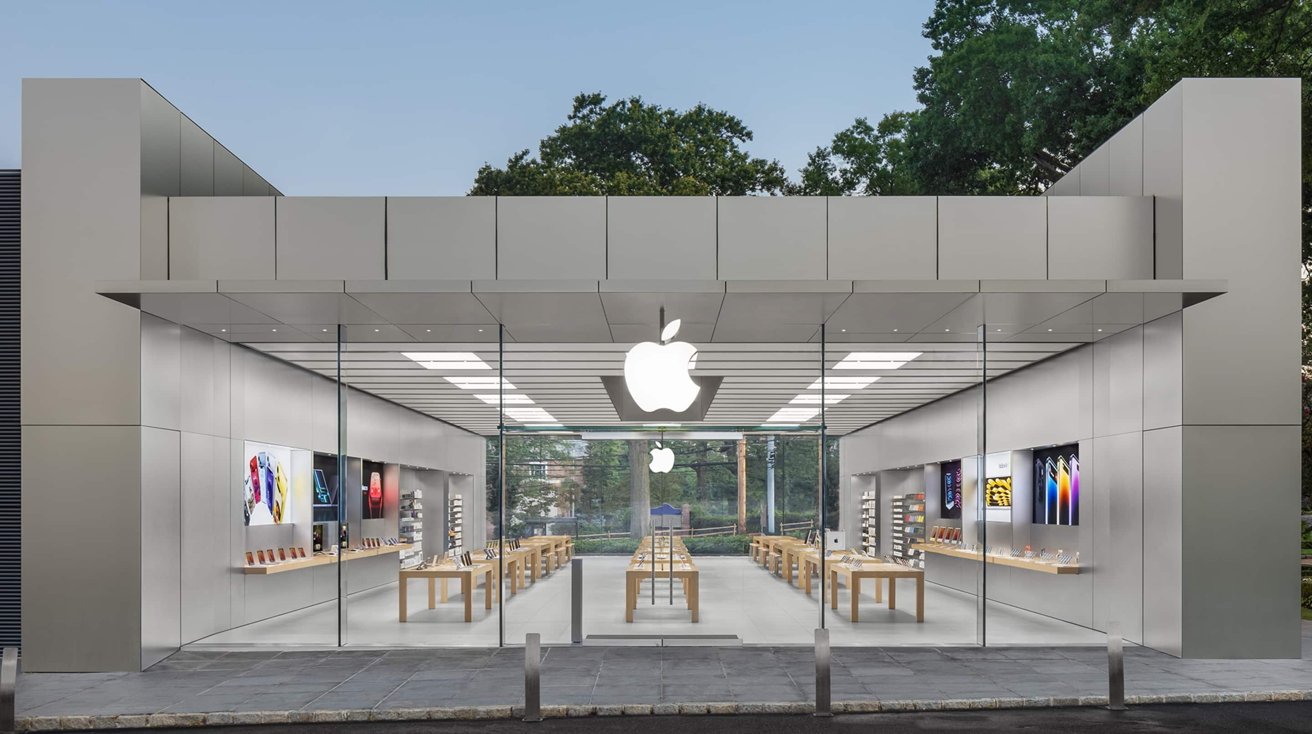In 2025, artificial intelligence is revolutionizing continuous integration and continuous delivery (CI/CD) within DevOps, marking a significant shift in software development practices. AI agents are now integral to enhancing the efficiency of CI/CD pipelines, enabling developers to achieve faster releases and streamline operations. According to a trends report highlighted by InfoQ, over 1.5 million developers have adopted GitLab’s merge tools, resulting in a remarkable 30% increase in release speed. This trend illustrates a deeper integration of AI into DevOps workflows, extending beyond basic automation to include complex tasks such as code generation and predictive analytics.
AI Agents Reshape Automation in DevOps
Agentic AI, which allows systems to operate autonomously, is at the forefront of this transformation. An article from Payoda details how these agents are optimizing CI/CD pipelines for quicker and more reliable software delivery. They can predict failures, allocate resources efficiently, and even self-heal issues in real-time, moving away from traditional, rule-based automation. Major industry players, including Netflix, Amazon, and Microsoft, are leveraging AI for capabilities such as automated test case generation and advanced analytics. For instance, Netflix utilizes AI to enhance its deployment processes, ensuring smooth updates across its extensive streaming infrastructure.
Adoption statistics from a 2025 survey conducted by JetBrains confirm that AI integration has become commonplace, with tools like GitHub Actions and GitLab being widely embraced. The findings indicate that many companies are realizing a similar 30% increase in release speed, consistent with the earlier findings from InfoQ. Further insights from mend.io emphasize the growing market for CI/CD and DevSecOps driven by automation and cloud technologies, with AI playing a crucial role in enhancing both performance and security.
Streamlining CI/CD Through Intelligent Automation
AI-powered tools are simplifying CI/CD processes through intelligent automation. As articulated by DevOps.com, key integrations now include the automation of test cases and the application of self-healing principles, which significantly reduce downtime and enhance reliability. Expert blogs, such as those by analyst Rohan Unbeg, examine how AI tools are improving skill sets within the industry. Meanwhile, contributor Pawel Piwosz notes, “AI is not here to take over our jobs (yet),” highlighting its role in making pipelines predictive and self-learning.
Despite the advantages, deploying AI at scale presents challenges. Insights from IBM in their publication, IBM Think, discuss the ‘shift everywhere’ strategy, where AI agents optimize DevOps processes throughout the pipeline. However, complexities around integration and ethical considerations need addressing, as highlighted by an article from AI News. The effects of AI on CI/CD pipelines are becoming increasingly evident, prompting decision-makers to navigate these challenges carefully.
Emerging tools and frameworks are accelerating this transition. Lists from ihacloud identify leading AI tools that enhance automation and optimize pipelines using AIOps intelligence. Similarly, Second Talent highlights AI agents that manage infrastructure tasks with minimal manual input. Current sentiment on social media platforms like X (formerly Twitter) reflects optimism, with users such as Akhilesh Mishra pointing to dominant technology stacks, including GitLab for CI/CD, while Abhishek Singh argues that “DevOps will be evergreen” because human oversight remains vital in complex systems.
As AI agents become more prevalent, there is a strong emphasis on maintaining accountability. An X post by Abhishek Singh reiterates that while AI automates routine tasks, human involvement is essential for debugging and designing reliable systems. Surveys, such as the Cloud Native Computing Foundation’s 2025 Technology Radar, reveal developer opinions on AI tools, indicating a future where AI inference engines are integral to cloud-native development.
Looking ahead, frameworks like CrewAI and AutoGen are crucial for developing multi-agent systems. A post by Tech Fusionist recommends tools like LangGraph and LlamaIndex to advance agent capabilities, highlighting a maturing ecosystem. Insights from Dr. Tali Režun discuss the evolution of agent maturity from fixed to adaptive systems, underscoring that advanced agents can enable proactive decision-making.
Central to these developments is GitLab’s merge tools, which have played a significant role in expediting releases. The integration of AI enhances code merging and conflict resolution, as evidenced by the adoption statistics that contribute to the reported 30% speed boost. Discussions on platforms like X clarify the evolution of CI/CD processes, transitioning from manual to automated operations, illustrating the efficiency gains and reduced stress for DevOps teams.
As the landscape evolves, the balance between innovation and accountability remains crucial. The burgeoning role of AI in DevOps signifies a collaborative future where human expertise and intelligent automation work hand in hand. Insights from industry experts echo this sentiment, reinforcing the importance of integrating AI responsibly to enhance workflows without compromising human oversight.







